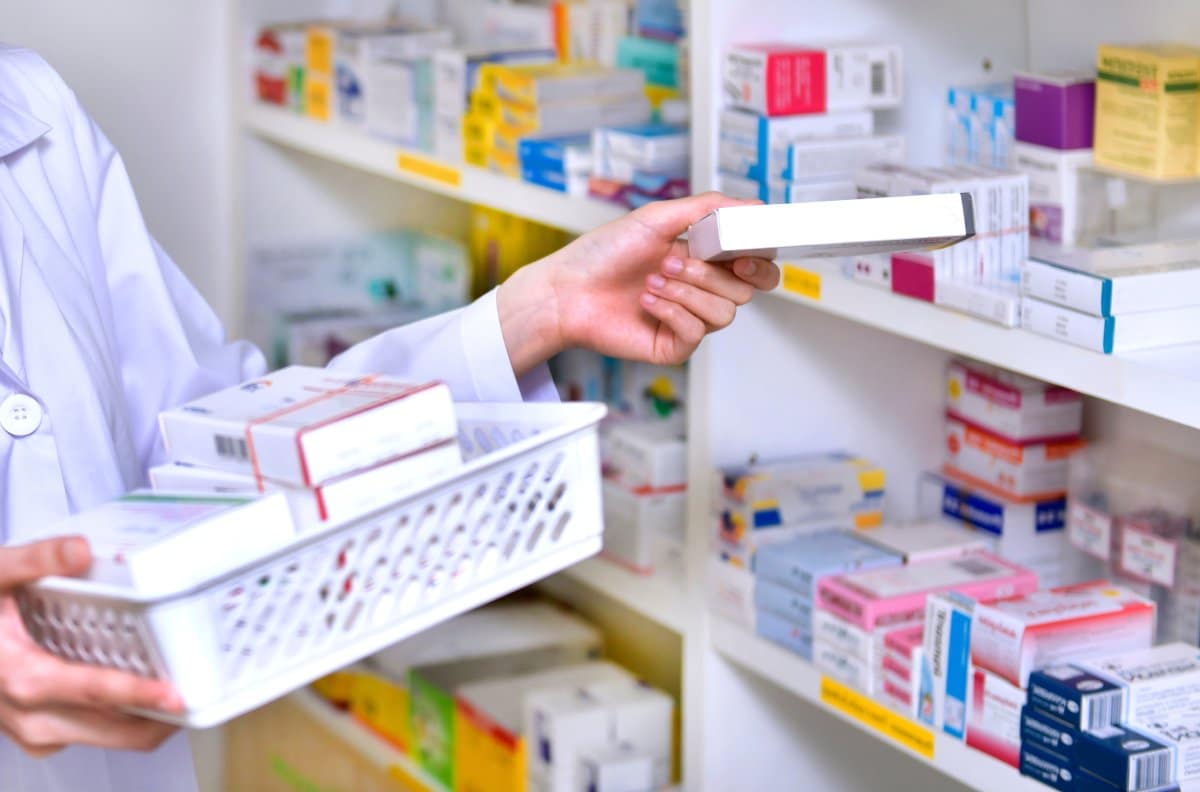A Nuffield Trust report highlights the growing crisis of drug shortages in the UK, exacerbated by Brexit. It urges immediate action to protect patient well-being and strengthen pharmaceutical supply chains. Here’s the full story.
A Whole Lot of Bad News
As if bad economic news, bad environmental news, and bad political news were not enough for the unfortunate citizens of the UK, a new report has warned that they will need to be aware of a new problem: drug shortages.
The Nuffield Trust health think tank has issued a report highlighting the severity of the issue, which it partly attributes to the aftermath of Brexit.
According to the report, the country is experiencing a “new normal” where drug shortages have become alarmingly commonplace, with severe repercussions for the medical care of patients across the nation.
Supply Issues
The report reveals a stark escalation in the number of warnings issued by drug companies regarding impending supply issues. From 2020 to the present, the warnings have more than doubled, from 648 to 1,634, indicating a growing crisis within the pharmaceutical supply chain.
Mark Dayan, lead author of the report, told the Guardian, “The rise in shortages of vital medicines from rare to commonplace has been a shocking development that few would have expected a decade ago.”
The shortage of vital medications, including those for treating conditions as varied as ADHD, type 2 diabetes, and epilepsy, has placed patients at grave risk.
“Desperate People”
Nicola Swanborough of the Epilepsy Society revealed the extent of the problem, stating, “Our helpline has been inundated with calls from desperate people who are having to travel miles, often visiting multiple pharmacies to try and access their medication.”
Pharmacy professionals are on the frontline of this crisis, having to grapple with the frightening repercussions of drug shortages daily.
Paul Rees, CEO of the National Pharmacy Association, told the Guardian, “Supply shortages are a real and present danger to those patients who rely on life-saving medicines for their wellbeing. Pharmacy teams have seen the problems get worse in this country over recent years, putting more patients at risk.”
He continued, “Pharmacists … are spending hours a day hunting down stock, yet too often have to turn patients away. It’s distressing when pharmacy teams find themselves unable to provide prompt medicines services, through no fault of their own.”
Perfect Storm
While global factors such as the COVID-19 pandemic and geopolitical tensions contribute to drug shortages, as with so many other things, Brexit has only exacerbated the problem.
The abrupt departure from the EU has disrupted established supply networks and introduced new regulatory hurdles, impeding the smooth flow of medicines into the UK.
The report states that, following Brexit, “A clear picture emerged of underlying fragilities at a global and UK level, not fundamentally rooted in Brexit but exacerbated by it in some specific ways, especially through some companies removing the UK from their supply chains,”
EU Medicines Agency
Britain’s departure from the EU Medicines Agency has meant that drugs are taking much longer to be made available in the UK, as the new UK agency that approves drugs is considerably slower than its European counterpart. Other bureaucratic factors and increased customs checks at the border have led some suppliers to stop supplying the United Kingdom entirely.
The devaluation of the sterling following the Brexit referendum, coupled with global supply chain disruptions, has led to an inflationary spiral in drug prices.
Consequently, the Department of Health and Social Care (DHSC) has been compelled to negotiate higher prices for scarce medications to maintain continuity of supply, which has cost NHS England an additional £220 million from 2022 to 2023.
“More Vulnerable”
Dr Andrew Hill of Liverpool University stated, “With this background stress on global supplies, the UK is now more vulnerable to drug shortages. The UK is now stuck behind the US and Europe in the queue for essential drugs. Other countries offer high prices and easier access, with simpler regulations for supply.”
Dr Hill also urged the government to consider increasing funding for generic medicines, which are considerably cheaper than branded ones, to alleviate shortages.
Similarly, the Royal Pharmaceutical Society proposes changes to the law to empower pharmacists to provide alternative prescriptions in cases of unavailability, thereby streamlining patient care and reducing administrative burdens on healthcare providers.
Unable to Provide
The society’s director for England, James Davies, stated, “At present, if a liquid version of a medicine is available but tablets have been prescribed and are out of stock, the pharmacist cannot provide the liquid version.”
He continued, “The patient has no choice but to return to the prescriber for a new prescription, which causes unnecessary workload for GPs and delay for the patient.”
With drug shortages a genuine threat looming on the horizon and the benefits of Brexit nowhere to be seen, it remains to be seen whether this newest threat to the health and well-being of UK citizens will receive adequate governmental attention.
More Articles Like This…
Broken Britain: 12 Reasons Behind the UK’s Decline
Say the Unsayable: 10 Occasions When Farage Spoke His Mind About Britain
The post “New Normal” – Major Drug Shortages in the UK, Report Warns first appeared on Edge Media.
Featured Image Credit: Shutterstock / i viewfinder.
Grant Gallacher is a seasoned writer with expertise in politics and impactful daily news. His work, deeply rooted in addressing issues that resonate with a wide audience, showcases an unwavering commitment to bringing forth the stories that matter. He is also known for satirical writing and stand up comedy.

